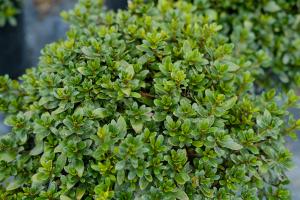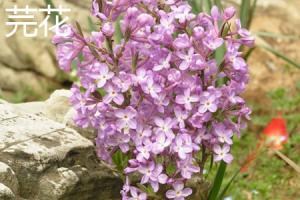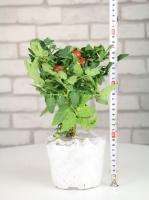How Often Do You Put Epsom Salts on Tomato Plants?
Tomatoes are a popular and healthy addition to any meal, and growing your own allows you to enjoy them at their freshest. Epsom salts have long been touted as a natural way to boost tomato plant growth and health. But how often do you need to apply them to your tomato plants? Let's explore the benefits of Epsom salt for tomato plants and the best ways to use it.
What Are Epsom Salts?
Epsom salts are a type of magnesium sulfate, a naturally occurring mineral that has several benefits for plants. Magnesium is an essential nutrient for plant growth, and sulfate helps to break down nutrients in the soil, making them more accessible to plants. Epsom salts are a popular organic fertilizer that can be used in many different types of plants, including tomatoes.
Benefits of Epsom Salts for Tomato Plants
Epsom salts offer several benefits for tomato plants, including:
Increased magnesium: Tomatoes require magnesium to produce chlorophyll, which is essential for photosynthesis. Epsom salts can help to increase the magnesium levels in the soil, which can help to boost plant growth and health.
Improved nutrient uptake: Sulfate in Epsom salts can help to break down nutrients in the soil, making them more available for plants to use.
Preventing yellow leaves: Yellowing leaves on tomato plants can be a sign of magnesium deficiency. Epsom salts can prevent this by increasing magnesium levels in the soil.
Preventing blossom end rot: Blossom end rot is a common problem in tomato plants that can be caused by calcium deficiency. Epsom salts can help to prevent blossom end rot by increasing the availability of calcium in the soil.
How to Apply Epsom Salts to Tomato Plants
While Epsom salts can offer several benefits for tomato plants, it's important not to overuse them. Here are a few tips for using Epsom salts on your tomato plants:
Mix with water: Epsom salts should be mixed with water before applying to plants. Mix one tablespoon of Epsom salts in one gallon of water.
Apply once per month: Epsom salts should be applied to tomato plants once per month during the growing season. This will provide the plants with a steady supply of magnesium and sulfur.
Avoid overuse: Too much Epsom salt can be harmful to tomato plants, so it's important not to overuse it. Stick to the recommended amount and frequency of application.
Conclusion
Epsom salts can be a beneficial addition to tomato plants, providing them with essential nutrients like magnesium and sulfur. However, it's important to use them correctly to avoid harming the plants. By following the tips outlined above, you can use Epsom salts to help your tomato plants grow strong and healthy.

 how many times do yo...
how many times do yo... how many planted tre...
how many planted tre... how many pine trees ...
how many pine trees ... how many pecan trees...
how many pecan trees... how many plants comp...
how many plants comp... how many plants can ...
how many plants can ... how many plants and ...
how many plants and ... how many pepper plan...
how many pepper plan...
































